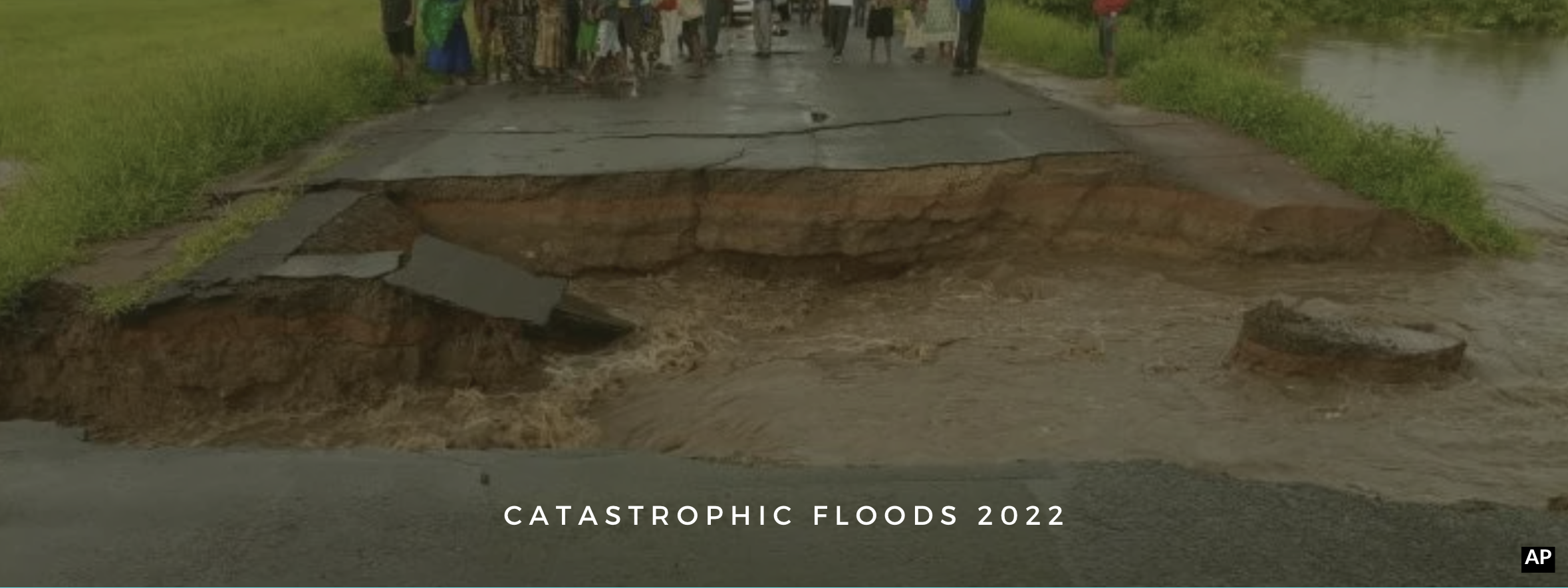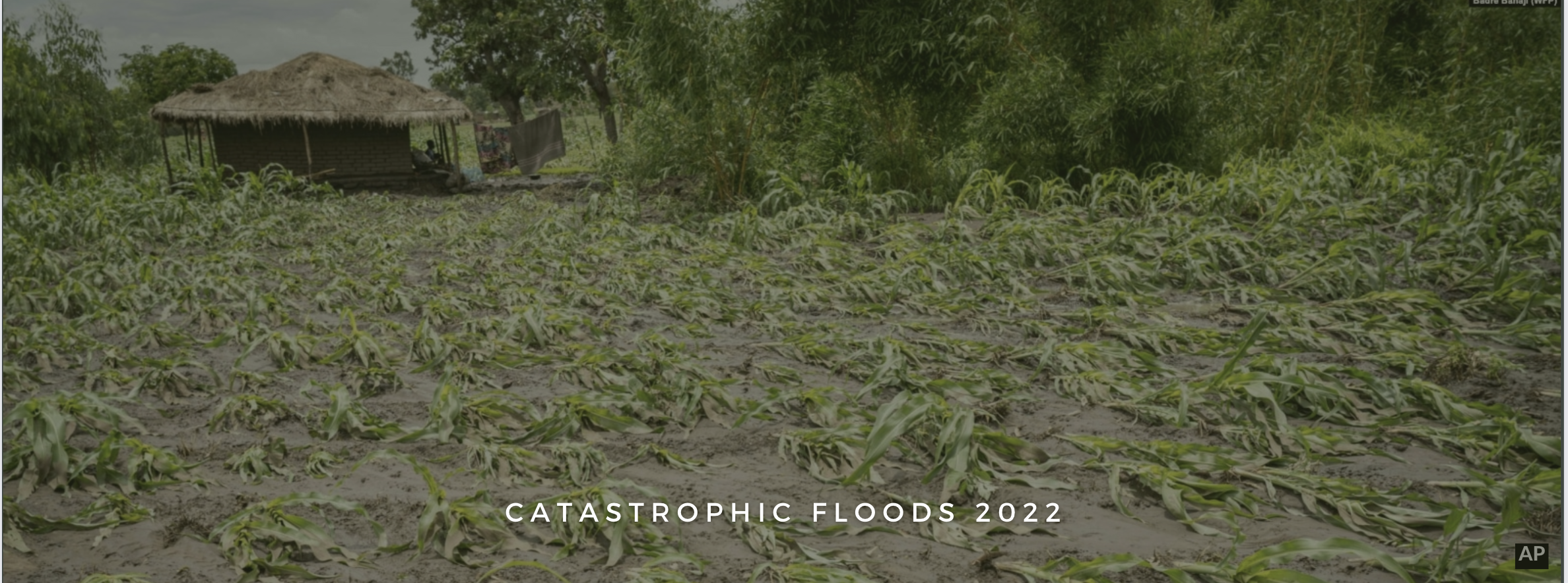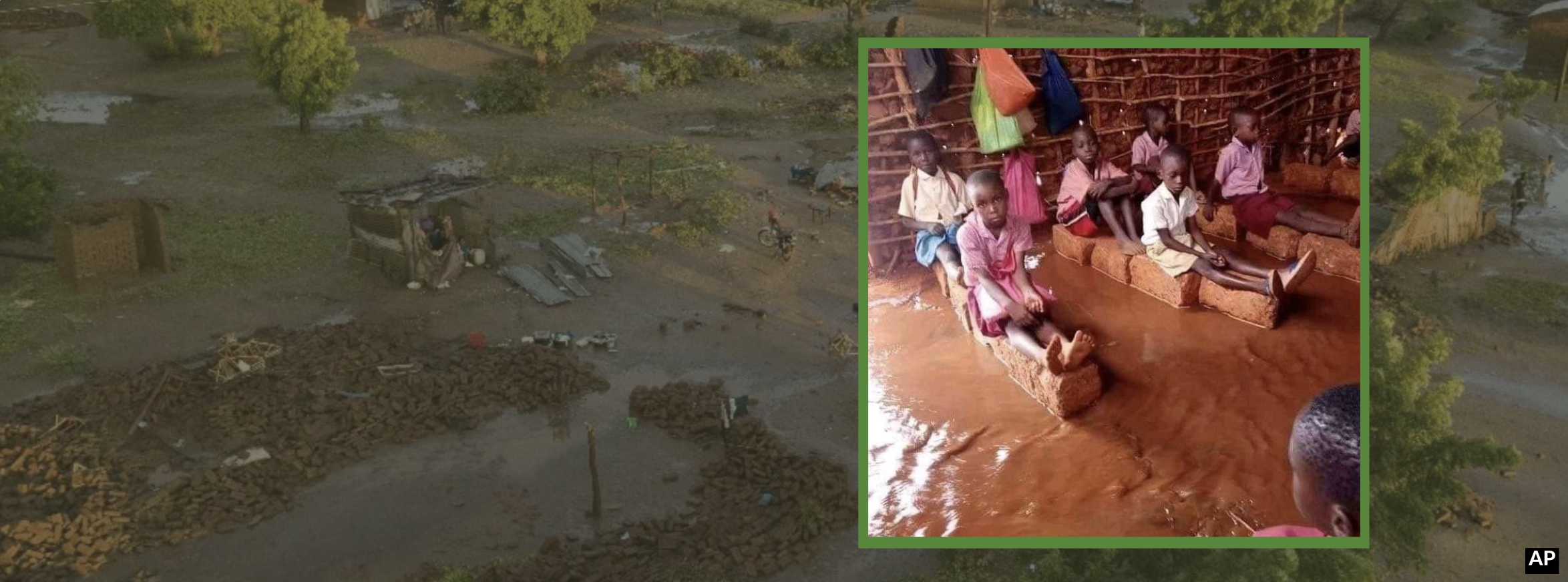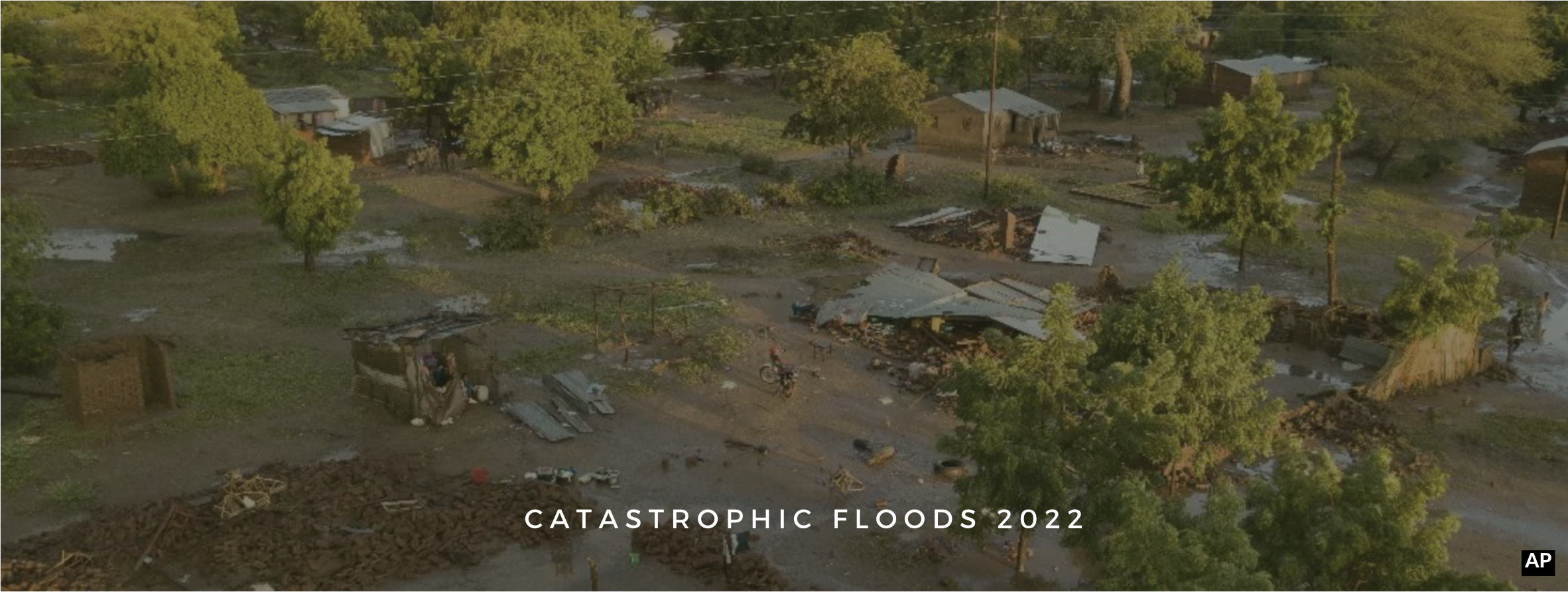Watering Malawi advocates for long-term solutions to extreme poverty and hunger through access to clean water, simple irrigation and sanitation systems. Currently we are receiving disaster response relief donations only.
Keeping Girls In Schools – Girl Power Malawi

Water is life. Sanitation is dignity. Those two phrases go together like salt and pepper, or peanut butter goes with jelly. Once you access water, there is a host of outcomes that follow. Sure clean water means healthier villages, happier children, the possibility of new streams of income sources made possible through irrigation or fish farming industry. But there are also some potentially unanticipated but very obvious once you think about them, outcomes that are not quite as marketable.













